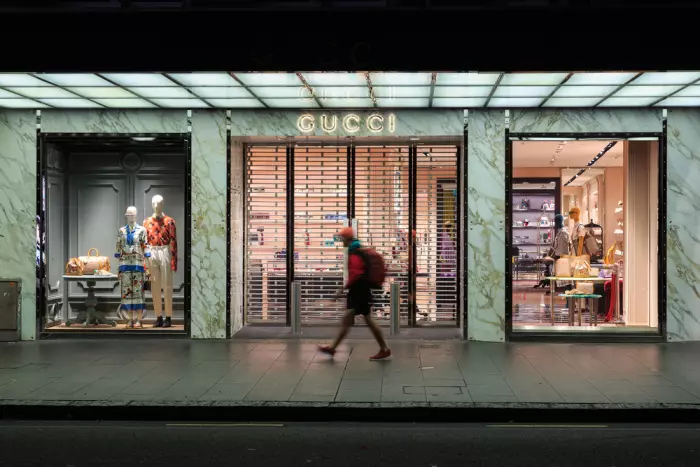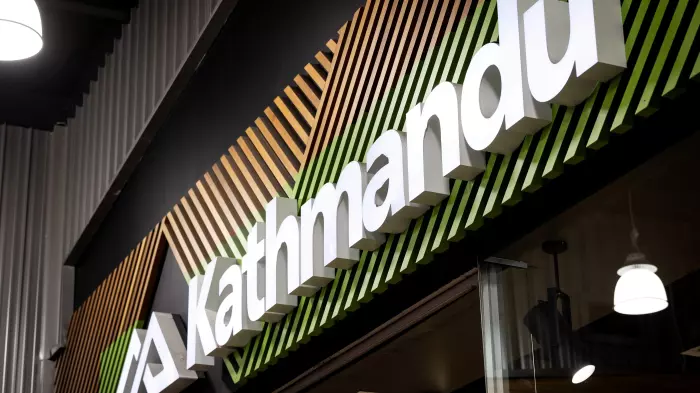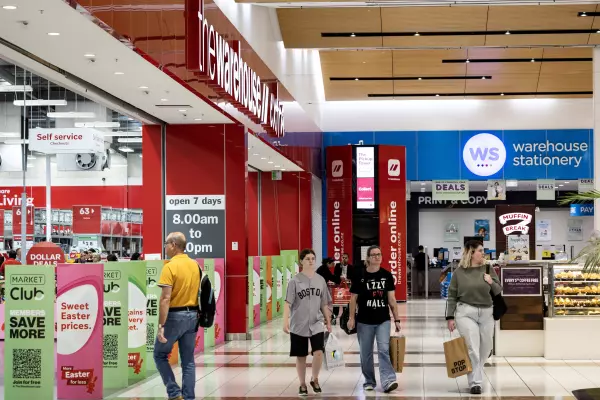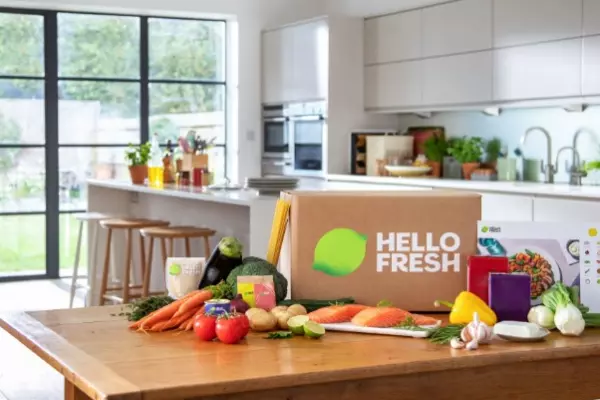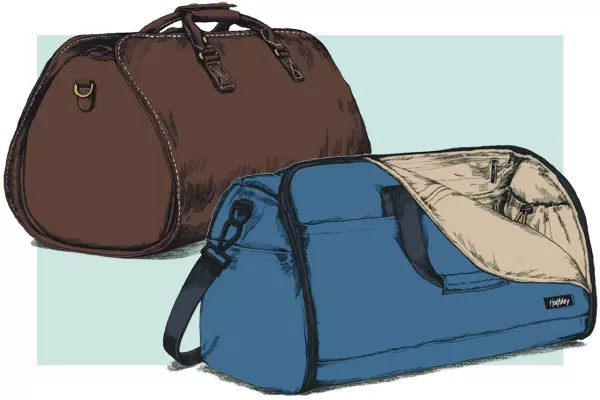Auckland’s inner city retail and hospitality businesses have lost the equivalent of $770 million in consumer spending since the first border closures in February 2020, the business association Heart of the City estimates.
That averages out to about $570,000 across 1,340, CBD based businesses. This is the highest concentration of retail and hospitality activity in the country, with about 20% of the city's businesses jammed into 1% of its geographic area.
The CBD also accounts for about 15% of all workers in the region, with about 125,000 employees. There are another 74,600 in what is considered the 'city fringe'.
Heart of the City chief executive Viv Beck said inner city retail has and continues to bear the brunt of pandemic lockdowns. Retail is down about $330m and the hospitality and restaurant sector has lost about $300m, according to association estimates. The remainder is spread across service related businesses.
Beck said while resurgence support payments and wage subsidies are welcome, it doesn't cover fixed or wage costs.
"We've been asking for significant and urgent targeted financial support for about a year now. Without it, many businesses simply won’t survive the coming months even at level 2 or better.
“These are businesses not only reeling from having the tap turned right off, but many have already had significant disruption from City Rail Link and other construction in the city.”
She said if those businesses are left to fail, recovery will take longer and “we’ll have a lot more people dependent on the government downstream”.
Empty trains
The problems of inner city businesses are also the problems of the Auckland Council. At its first budget workshop, mayor Phil Goff said the upper end could be a $160m hit to the council's operating revenues, assuming significant restrictions until the end of the year.
As it stood, the financial impact was at about $65m, though empty trains and buses were costing Auckland Transport about $1m a day.
While the council is sticking to its overall $31.8b investment in infrastructure spending over the next 10 years, Goff didn’t discount the need to raise general rates from a long term 3.5%.
Once restrictions are lifted, local restaurants and retailers would like to see some initiatives put into play to help drive business resurgence.
Tony McGeorge, the owner of city restaurants Café Hanoi, Saan, Ghost St and Xuxu, said trading through summer will remain difficult without overseas tourists.
He said he would like to see contributions by the council, with cheaper parking and the ability to have outside dining.
Beck said those kinds of discussions were well advanced with council and close to being finalised, though all depended on how quickly the city could move out of lockdown and down to alert level 2.
The real show of support for the inner city, she said, will be having workers back in their offices once alert levels allowed.
That includes the 3,500 or so council workers who were "slow to come back" during the last alert cycle.
Pam Ford, director of investment and industry at Auckland Unlimited, said the economic and cultural agency had facilitated more than $18m worth of government funded business advice and distributed about $3.38m of funding to about 700 businesses, under the government’s tourism transitions fund.
She said despite the lockdown, the city’s top 100 ‘iconic eats’ competition had attracted a record 996 nominations this year. Winners will be announced next month, with any luck.


